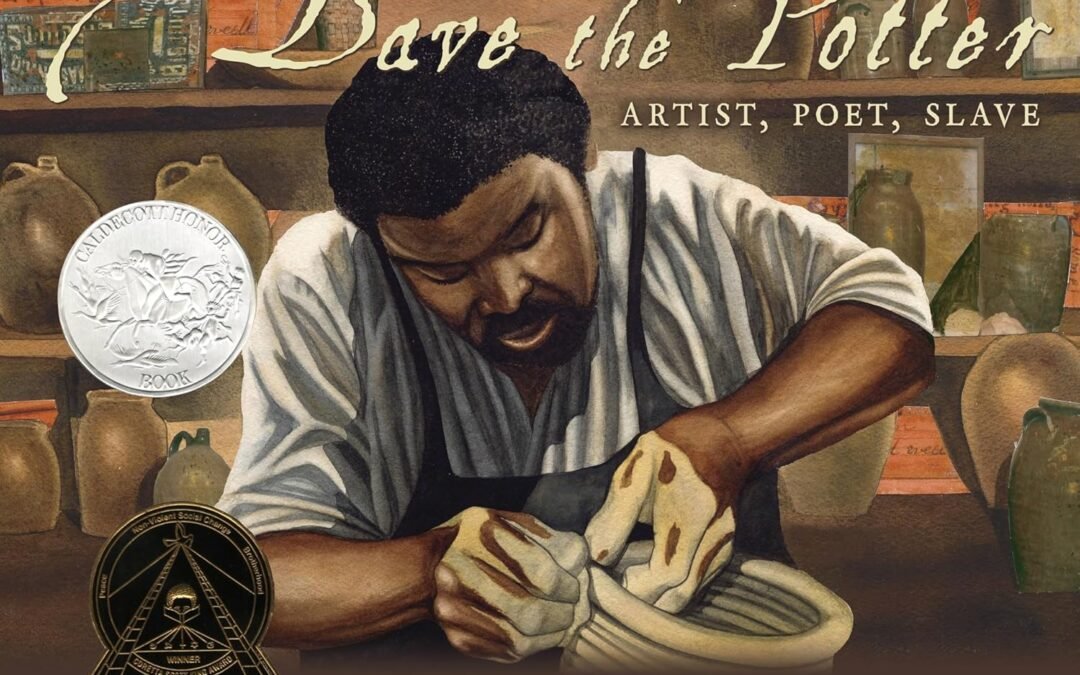I like copy work as a way to work on writing skills, but once your child has developed the skills to copy a sentence, what comes next? Here are a few ideas that you can try.
French-Style Dictation
 This is a step towards learning to write down what your child hears that works well for kids who are not yet ready to write full sentences on their own. Create, or find, a sentence that your child can read. Now, write it out and leave blanks for some of the words. Read the full sentence, including the words you skipped to your child, and have them fill in the blanks.
This is a step towards learning to write down what your child hears that works well for kids who are not yet ready to write full sentences on their own. Create, or find, a sentence that your child can read. Now, write it out and leave blanks for some of the words. Read the full sentence, including the words you skipped to your child, and have them fill in the blanks.
This method is an interesting way to work on spelling words. It can also help your child gain confidence in writing without being overwhelmed.
Dictation and Copywork combined
One method I am using with my dysgraphic child right now is a step beyond the above way to do French-style dictation. It involves spending multiple days on the same passage and combines copywork and dictation.
 On day one, I write the sentence(s) and my student copies them. I make sure this is a passage or sentence she can read. For us, this is not a time to introduce new words to her vocabulary. However, if we were doing this often, I would consider adding that in time.
On day one, I write the sentence(s) and my student copies them. I make sure this is a passage or sentence she can read. For us, this is not a time to introduce new words to her vocabulary. However, if we were doing this often, I would consider adding that in time.
On day two, I write the sentence to be copied but leave a few words out. I then tell my student the complete sentence including those words, and she has to write it all. This means she is working on remembering how to spell those words I left out, but doesn’t have to remember all the words in the passage.
On day three, I once again write it, and this time I leave out different words than yesterday. I usually save the harder words for this day. So, she has gotten a chance to copy those harder words at least twice before she has to try to remember how to write them.
On day four, she has to write the entire sentence from dictation. As in, I read the sentence, but she has to remember how to spell all the words on her own this time.
If your child needs more time, you can of course delay my day 4 and have one more day of writing the sentence with different words left out.
Why?
 Why bother with this skill? For some kids, it is difficult to learn how to hold words in their minds, be able to write them out, and spell them correctly. But these are necessary steps to becoming a good writer. Those steps alone, not counting remembering grammar, are essential skills for a child to have before they are ready to write their own compositions.
Why bother with this skill? For some kids, it is difficult to learn how to hold words in their minds, be able to write them out, and spell them correctly. But these are necessary steps to becoming a good writer. Those steps alone, not counting remembering grammar, are essential skills for a child to have before they are ready to write their own compositions.
Doing these activities also increases your child’s confidence in their ability to write. Many children lean towards writing shorter and easier words than they can actually read. By carefully choosing words your child can read, but that stretch their writing skills, you can improve their spelling and increase their writing vocabulary.
What to write?
 For us, I am writing a few sentences each time about my kid’s favorite book characters. I’m choosing to write facts about them that use words I know she has read in those books and that feature a few words that are not in our spelling lists, like “Pegasus”. Pegasus is a great word for this exercise because it is unusual, but also more or less follows the rules of phonics.
For us, I am writing a few sentences each time about my kid’s favorite book characters. I’m choosing to write facts about them that use words I know she has read in those books and that feature a few words that are not in our spelling lists, like “Pegasus”. Pegasus is a great word for this exercise because it is unusual, but also more or less follows the rules of phonics.
Some parents like to choose a few sentences from a book to copy. You can also write out nursery rhymes or short poems to use for writing practice. The beauty of rhymes is that they are easy to remember, so children may have an easier time remembering what to put in the blanks.
The important thing though, is to make sure that what you ask your student to copy is something that appeals to them. Yes, copying historical facts is a good way to work on memorizing them, but if your goal is writing, you need to make this fun.
If your child believes that writing can be fun and interesting, they are more likely to try to do it on their own.





0 Comments